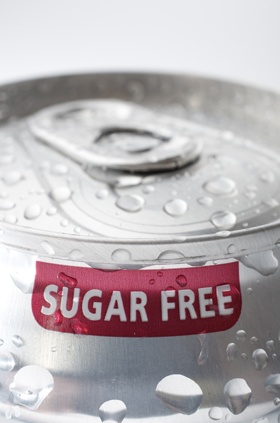Causes of Bleeding Gums
Gingivitis, or inflammation of the gums, is an early sign and one of the main culprits of bleeding gums. Your gums are tender and swollen if they have gingivitis and bleed easily when you brush or floss. Continue to brush and floss properly with soft-bristled brush and see your dentist to seek treatment for your gingivitis. Untreated gingivitis can lead to the more serious periodontitis when not just gum bleeding occurs but possible destruction of gum tissue and jaw bones, and tooth loss.
Or when you haven’t floss for a time, you’d notice bleeding when you floss anew as food debris has built up in-between your teeth. Dislodging them may cause some short-term bleeding.
Your gums may also bleed from nutritional deficiencies like low vitamin C and vitamin K provided by citrus fruits and green, leafy vegetables. Pregnant women are also prone because hormonal and chemical changes in their systems encourage bleeding gums; this condition resolves on its own after giving birth, though. Also, if part of your medication includes aspirin and other blood thinners, your gums may bleed frequently as these drugs eliminate blood’s clotting factors.
Sometimes, it’s just harsh brushing and flossing that cause gums to easily bleed. A change to a gentle routine, soft bristles and gentle toothpaste may help resolve your situation. However, if bleeding continues unabated and in spite of your countermeasures, do not hesitate to consult with your dentist, the person you turn to in matters of dental concerns, including emergencies.
Emergency Dentist in Bellingham
For your emergency dental concerns, including unexplained gum bleeding, seek out your Bellingham dentists here at Tetrick Family Dentistry. We have seen and cared for all manner of dental emergencies in our 40 years in the community. Do not fear but do not tarry. Come see us soon.

 Everybody knows that drinking soda is unhealthy for your teeth and gums. All of the sugar in sodas create a feeding frenzy for your oral bacteria, fostering cavities and gingivitis. Knowing this, there are many people who try to dodge this bullet by opting for only sugar-free sodas. But is this really the fix that they think it is? The answer may surprise you.
Everybody knows that drinking soda is unhealthy for your teeth and gums. All of the sugar in sodas create a feeding frenzy for your oral bacteria, fostering cavities and gingivitis. Knowing this, there are many people who try to dodge this bullet by opting for only sugar-free sodas. But is this really the fix that they think it is? The answer may surprise you. Green tea is a great way to enjoy many strong health benefits. If you’re a regular tea-drinker, you’re probably already aware of the way green tea protects the cells of your body from aging and disease. However, many people are not aware that the same tea can also help you foster a strong, healthy mouth.
Green tea is a great way to enjoy many strong health benefits. If you’re a regular tea-drinker, you’re probably already aware of the way green tea protects the cells of your body from aging and disease. However, many people are not aware that the same tea can also help you foster a strong, healthy mouth.